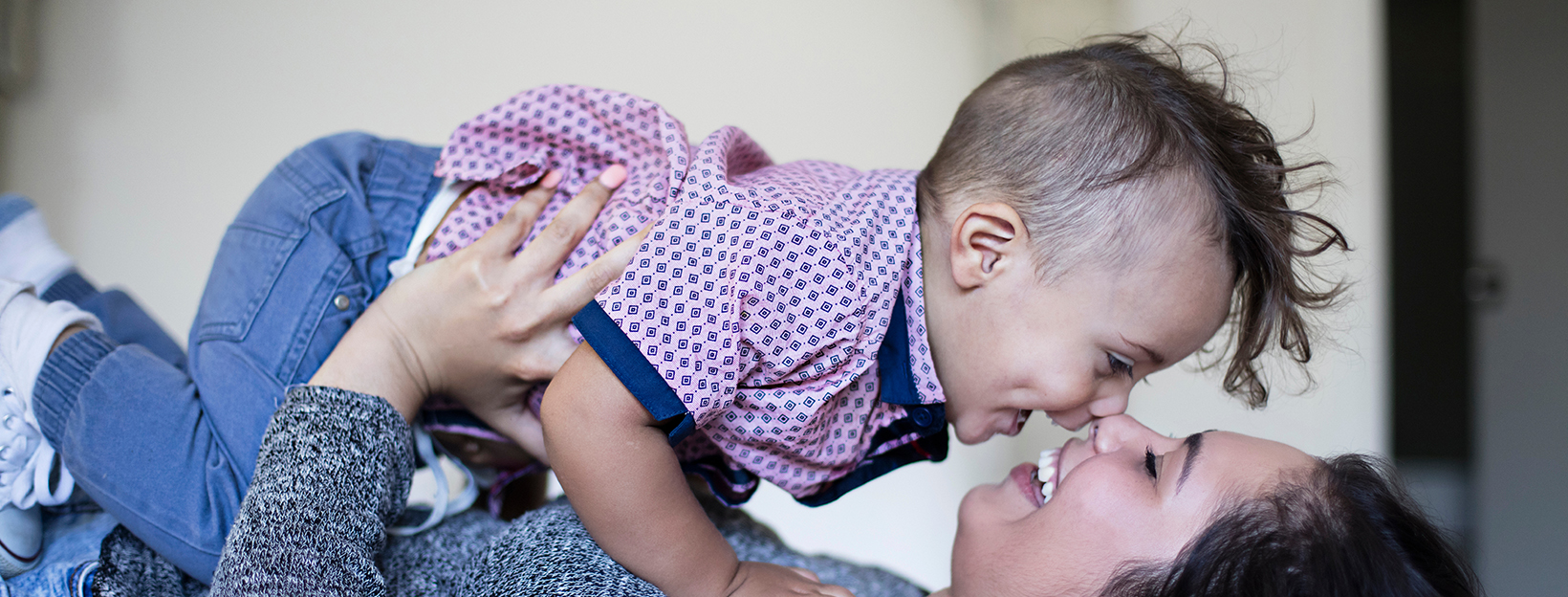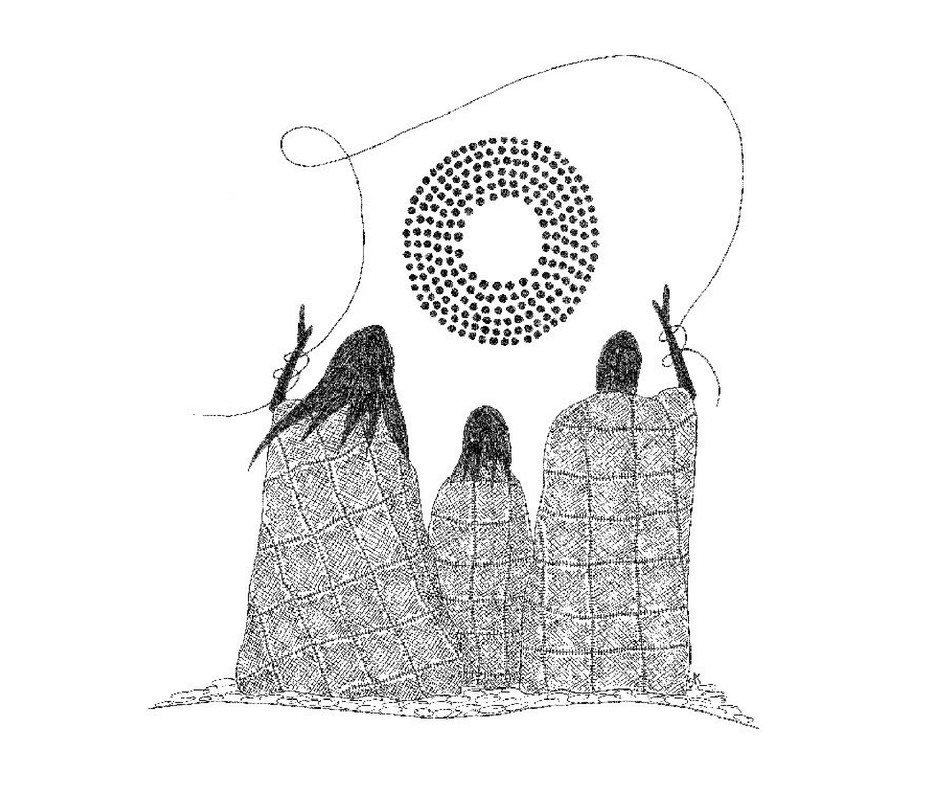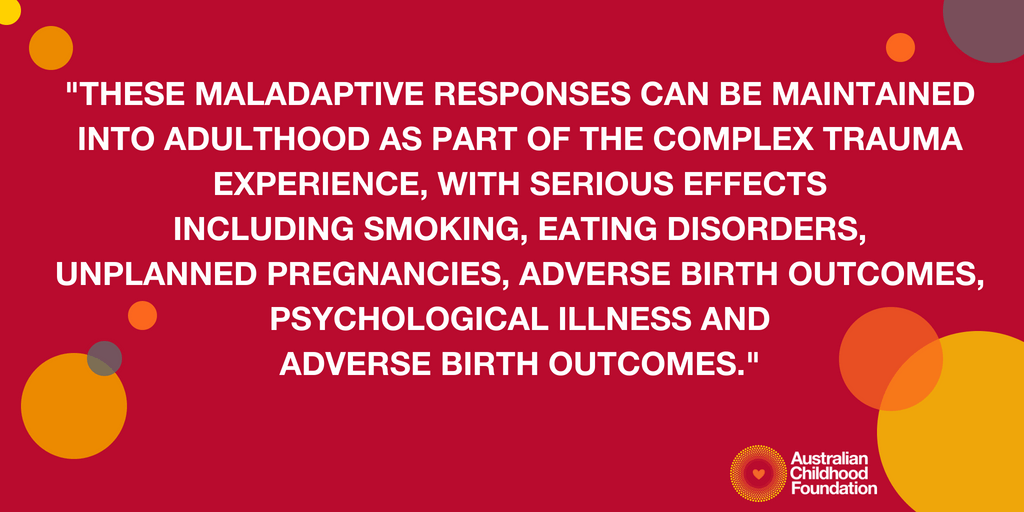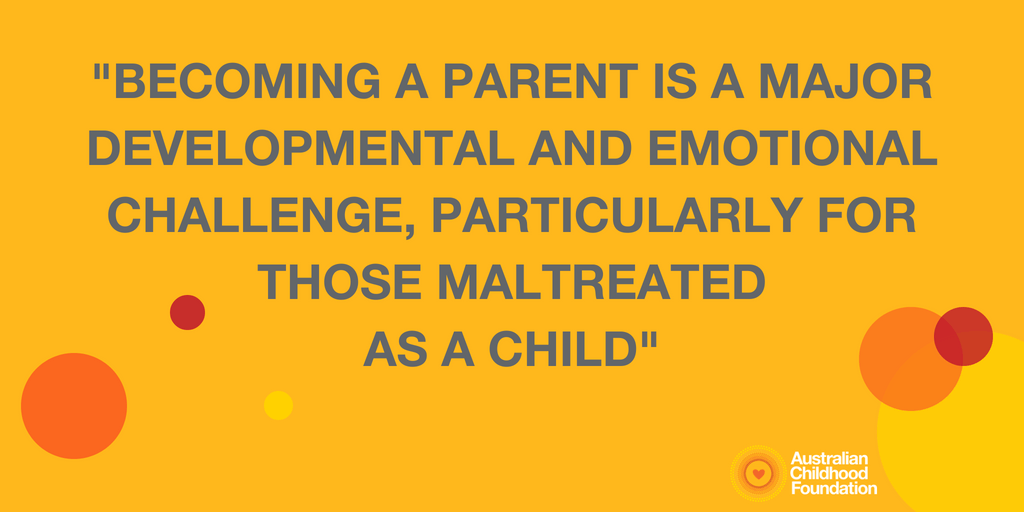
Healing the Past by Nurturing the Future
This blog entry was authored by Dr Catherine Chamberlain,
Senior Research Fellow at the Judith Lumley Centre; Dr Graham Gee, Clinical Coordinator,
Victorian Aboriginal Health Service; and Professor Stephanie Brown, Murdoch Children’s Research Institute.
Catherine Chamberlain, Graham Gee and Stephanie Brown for the Healing the Past by Nurturing the future group1 An exciting new Aboriginal-led project, funded by the Lowitja Institute (2017-2018) and the National Health and Medical Research Council (2018-2021), aims to learn how to identify and support Aboriginal and Torres Strait Islander parents who have experienced complex trauma in their own childhoods.
This project will run over four years with the phase one now underway. Those co-ordinating the project will be presenting a paper at the 2018 International Childhood Trauma Conference, and ahead of that presentation, have been invited to share with the professional network of Prosody readers about the project context, aims and opportunities. To learn more, click here.

Context
Complex trauma can have profound and ongoing impacts on development and physical, social and emotional wellbeing.4 The long-lasting relational effects can impede the capacity of parents to nurture and care for their children, leading to ‘intergenerational cycles’ of trauma.2 Attachment theory is often used to explain how disrupted primary carer relationships impact on the capacity to develop the social, emotional and cognitive skills necessary to form healthy interpersonal relationships throughout life.2 It proposes that, in a secure care-giving relationship, a parent responds sensitively to an infant’s cues and the infant’s needs for food, security and comfort.
In times of distress, an infant relies on support from its parent or caregiver. If the parent withdraws or the response is confusing or hostile, conflicting attachment and defense systems are activated, leading to internal confusion and maladaptive behavioural and relational responses. These include structural dissociation, or experiential avoidance and other behaviours that attempt to manage distress and self-regulate but instead create more confusion and harm.
These maladaptive responses can be maintained into adulthood as part of the complex trauma experience,5 with serious effects including smoking, eating disorders, unplanned pregnancies, adverse birth outcomes, psychological illness and adverse birth outcomes.5 Broader societal factors can interact and amplify or counteract these effects,2 with the factors experienced by Aboriginal communities having a generally net negative effect.
How might complex trauma impact on the transition to becoming a parent?

It is important for professionals working with parents who have experienced complex trauma to understand what the specific issues for the critical perinatal period, which includes the process of pregnancy and birth and the transition to becoming a parent. Firstly, the nature of many procedures and experiences associated with pregnancy, birth and breastfeeding leads to a high risk of triggering trauma responses among women who have experienced physical or sexual abuse. In addition, becoming a parent is a major developmental and emotional challenge, particularly for those maltreated as a child.4 Parents can experience fear as they respond to their own child’s distress. Due to structural dissociation and avoidance, their responses are often shaped by re-experiencing conflicting sensations and emotions rather than a thought-out narrative.4 The parent then needs to simultaneously try to manage distress associated with relational trauma, and the child’s attachment needs, and this is turn can give rise to hostile or helpless responses to the growing child’s needs.5 It can lead to an increased risk of victimisation and perpetuating violence.2
The perinatal period offers a unique life-time opportunity for healing from complex trauma

Despite these risks, the transition to parenthood during the perinatal period (pregnancy to two years postpartum) offers a unique life-course opportunity for healing and emotional development 7. Most parents who have experienced maltreatment themselves are able to provide nurturing care for their children 4 especially in a supportive environment. A positive strengths-based focus during this often-optimistic period has the potential to disrupt the ‘vicious cycle’ of intergenerational trauma into a ‘virtuous cycle’ that contains positively reinforcing elements that promote healing.8 Experts suggest that examining these ‘cycles of discontinuity’ demonstrated by most parents experiencing complex trauma is a good place to start to try to understand what support strategies might be acceptable, effective and feasible.2
However, despite these risks and opportunities for healing, particularly during frequent scheduled contacts with health care providers during pregnancy, birth and early parenting years – there are currently no systematic perinatal strategies for identifying and supporting parents who have experienced complex trauma themselves. This project will begin to address this critical gap.
Aims
The aims of this study are to:
1. Assess the acceptability, validity, safety and feasibility of screening Aboriginal parents during the perinatal period to identify those who have experienced complex trauma.
2. Develop acceptable, safe and feasible intervention strategies that could be offered during the perinatal period (pregnancy to 24 months postpartum) to support Aboriginal parents who have experienced complex trauma, with the goal of promoting healing for the parent and preventing transmission of intergenerational trauma to the child.
These aims will be achieved using community-based participatory action research (CBPAR) approach with four main ‘plan, act observe and reflect’ phases.
Want to know more?
If you are attending the 2018 International Childhood Trauma Conference, please attend our paper presentation! If you can’t, you can also contact the
Principal Investigator:
Dr Catherine Chamberlain
email: c.chamberlain@latrobe.edu.au
We are in the process of setting up a website and regular newsletters three times a year and would love people to get in touch to be included in the list. We also welcome feedback and suggestions at any time.
About the authors:
Catherine Chamberlain, PhD, is a Senior Research Fellow at the Judith Lumley Centre, La Trobe University and National Health and Medical Research Council Early Career Fellow (1088813). A descendant of the Trawlwoolway People (Tasmania), her research focus’ on applied public health research to improve health for Aboriginal and Torres Strait Islander families in the perinatal period.
Graham Gee, PhD, has worked at the Victorian Aboriginal Health Service in Melbourne, Australia since 2008. He is the Clinical Coordinator and a senior psychologist at the Family Counselling Services. In 2016, Dr Gee completed his PhD on resilience and recovery from trauma among Aboriginal help-seeking clients.
Stephanie Brown, PhD, is a social epidemiologist, health services researcher and Head of the Intergenerational Health Research Group at the Murdoch Children’s Research Institute. A major focus of her work is improving the health, wellbeing and resilience of Aboriginal children and families, women and children of refugee background, and women and children experiencing family violence.
References
1. World Health Organisation. Child maltreatment factsheet. Geneva: WHO; 2016. http://www.who.int/mediacentre/factsheets/fs150/en/ 2. Alexander P. Intergenerational cycles of trauma and violence: An attachment and family systems perspective. New York, NY: W.W. Norton & Company; 2016. 3. (Kezelman & Stavropoulos, 2012) 4. McCrory E, De Brito S, Viding E. Research review: The neurobiology and genetics of maltreatment and adversity. J Child Psychol Psychiatry 2010;51(10):1079-95. 5. Cloitre M, Garvert DW, Weiss B, Carlson EB, Bryant RA. Distinguishing PTSD, Complex PTSD, and Borderline Personality Disorder: A latent class analysis. Eur J Psychotraumatol. 2014;5. 6. Amos J, Segal L, Cantor C. Entrapped Mother, Entrapped Child: Agonic Mode, Hierarchy and Appeasement in Intergenerational Abuse and Neglect. J Child Family Studies. 2015;24(5):1442-50. 7. Fava NM, Simon VA, Smith E, Khan M, Kovacevic M, Rosenblum KL, et al. Perceptions of general and parenting-specific posttraumatic change among postpartum mothers with histories of childhood maltreatment. Child Abuse Negl. 2016;56:20-9. 8. Segal L, Dalziel K. Investing to Protect Our Children: Using Economics to Derive an Evidence-based Strategy. Child Abuse Review. 2011;20(4):274-89.
